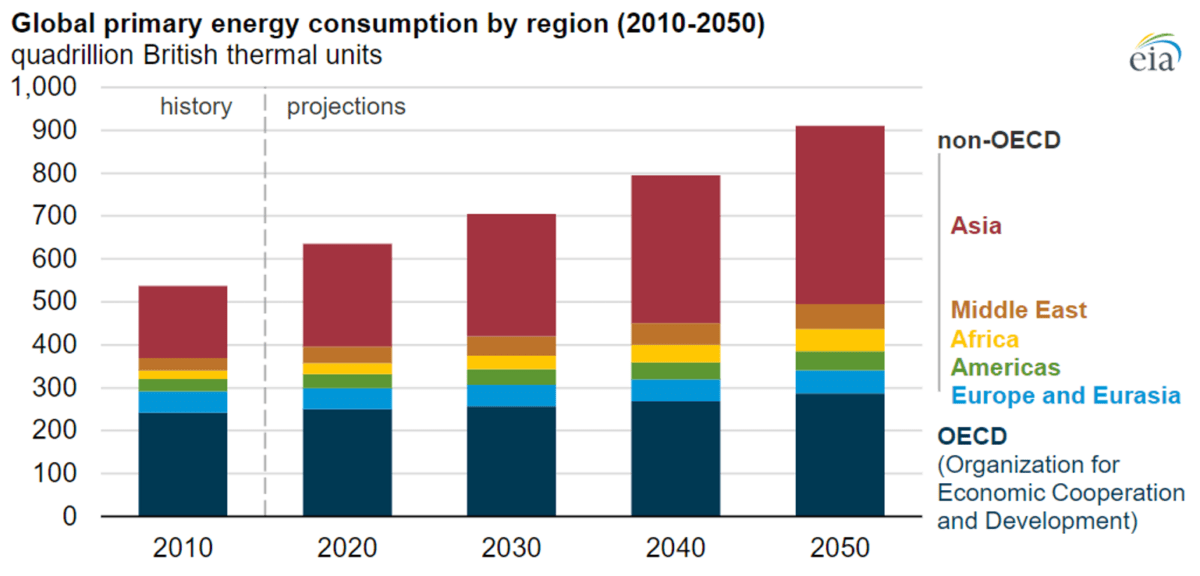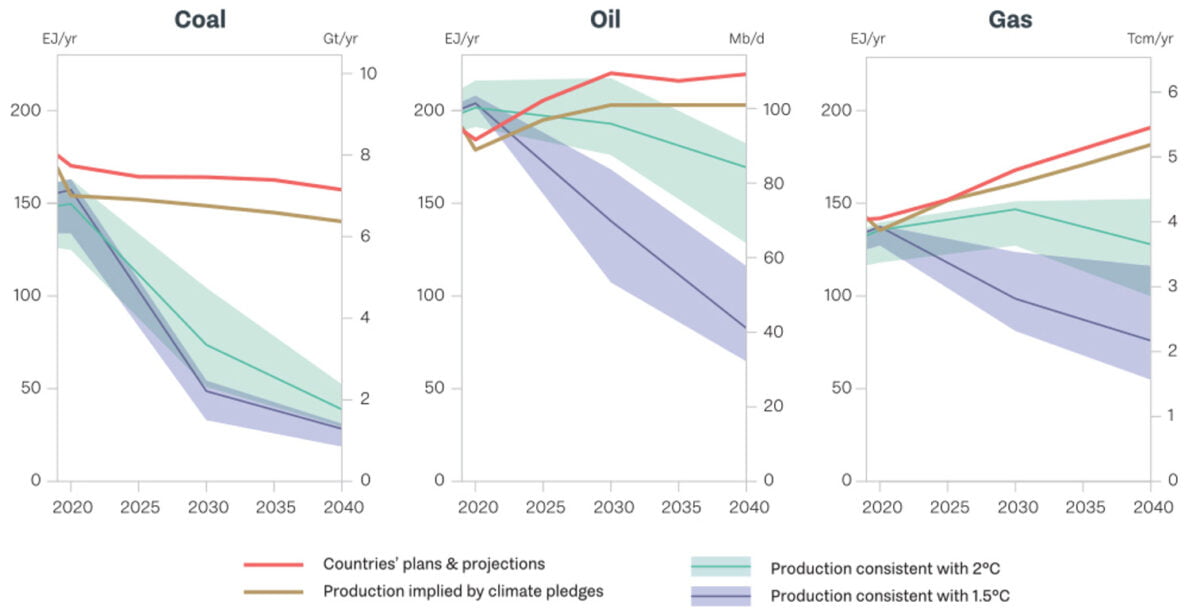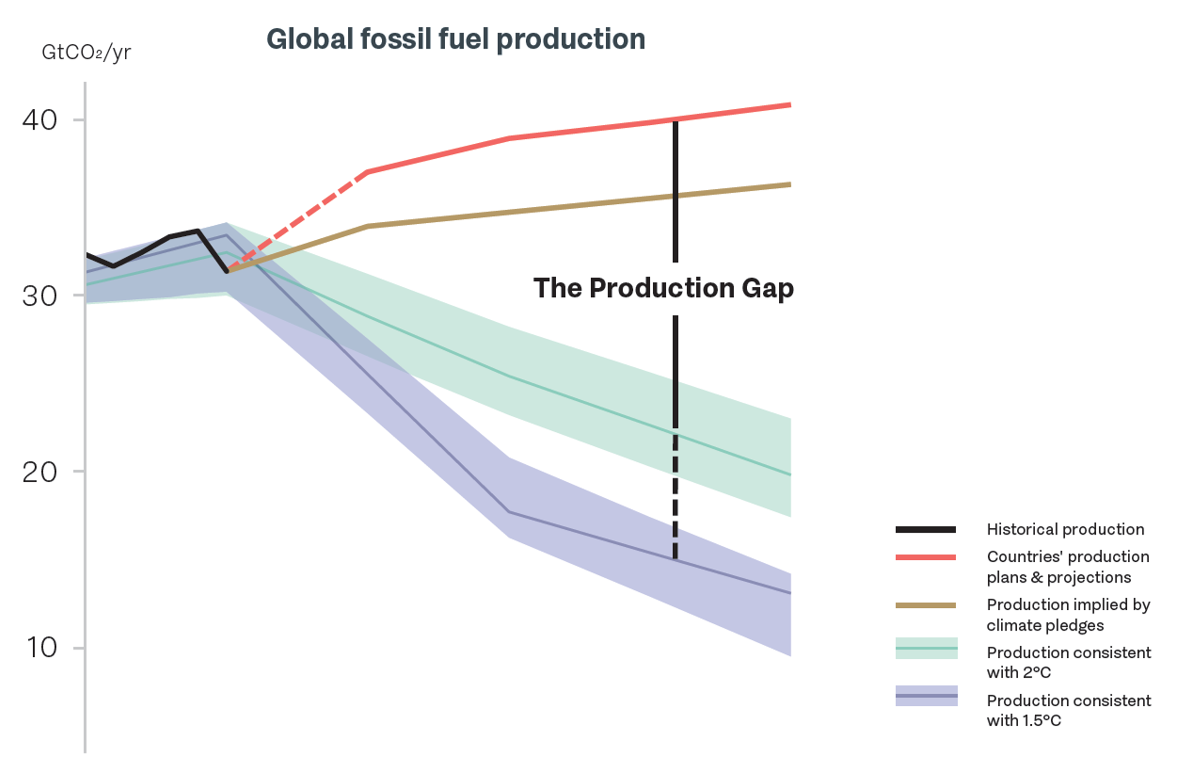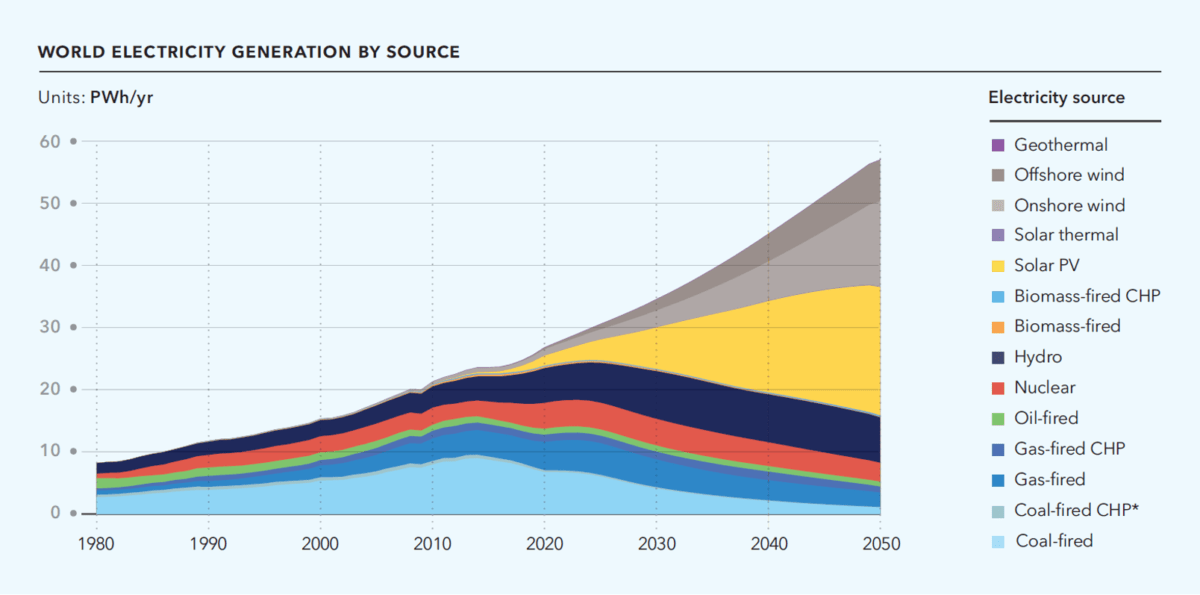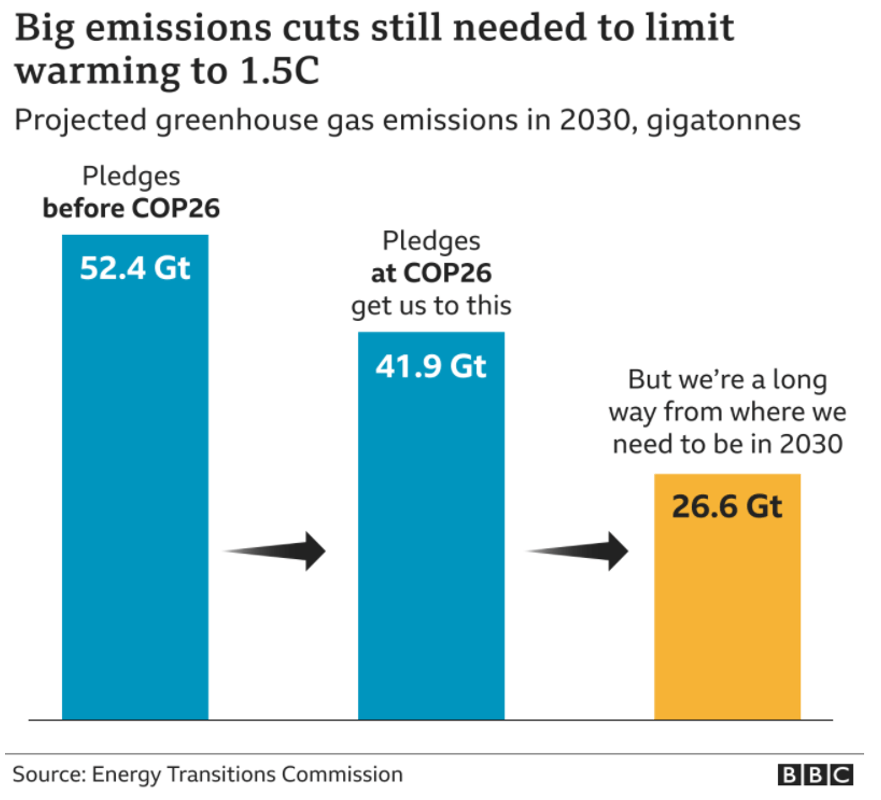According to the UN’s latest assessment by the Intergovernmental Panel on Climate Change (IPCC) many of the impacts of global warming are now “irreversible”. The authors of their latest report suggest that we have a small window of time in which we can still avoid the very worst impacts, before nature and humans are pushed beyond a point where they can adapt.
The report describes that over 40% of the world’s population are presently “highly vulnerable” to the impacts of climate change and this number could significantly increase if global measures to limit the warming below 1.5°C are not swiftly implemented.
The report is explicit in detailing that this decade must be humanity’s decade of action if we’re want to secure the future of our children and generations to come. “Our future depends on us, not the climate” stated one of the lead authors on the report.
Everyone will be affected, no matter how rich or poor, but it is the poorer nations that are expected to be hit the hardest. Over the past decade, between 2010 and 2020, the number of people who died from floods, droughts and storms across the vulnerable regions of South Asia, Africa and Central and South America were 15x greater than in other parts of the world.
In ALL emissions scenarios to the year 2100, the IPCC anticipates more than a billion people will be at risk from coastal specific climate hazards over the next few decades and if temperatures increase to between 1.7 and 1.8°C over the 1850’s level, the consequences are so dramatic that 50% of the human population could be vulnerable to lift-threatening heat and humidity over extended periods of time.
The UN Secretary General Antonio Guterres described the report as an “atlas of human suffering” as our climate system will become increasingly unstable if radical action is not taken. Not only will humans suffer from floods and droughts, but diseases are likely to spread quicker and climate induced stress and trauma related to extreme weather events will exacerbate mental health issues too.
With such pressure on the fate of humanity a solution to the problem is a complex one. The IPCC report advocates that policy makers should put their focus on building “climate resilient development”, with the climate scenarios suggesting that adaptation measures must now be taken. If the development pathways of health, education, the growth rate of the economy and the high level of inequality are not significantly addressed soon, climate change is going to have a really big impact in contrast to a society where rapid progress has been made on those fronts.
The report calls for a rapid move away from the use of fossil fuels, toward renewable energy sources and is disdainful of technological fixes such as deflecting the Sun’s rays or removing carbon dioxide from the atmosphere.
However, despite what is stated by the IPCC report, Carbon Capture and Storage (CCS) or Carbon Capture, Utilisation and Sequestration (CCUS) are going to be a necessary step toward achieving climate security, due to the amount of time that will be required to transition toward a clean energy future, as the following graphs clearly illustrate.
Source: productiongap.org/2021report/
CCUS will also be required to decarbonise the cement and steel industries, which account for approximately 10% of global annual CO2 emissions, where this portion of carbon dioxide is attributable to the material used in the process, and not through combustion, where a switch to renewables won’t affect the CO2 contribution.
The problem that we face with our climate security is that humans are putting their energy security at risk in the process. Since the Paris climate summit in 2015, the world is burning more fossil fuels today than it did 7 years ago. If more emphasis and investment is not placed into CCUS then we our going to put our societal needs in jeopardy.
Source: eia.gov
Source: renewablesnow.com
Just as society has come to accept that a payment is required for proper solid waste handling, so must society accept that the proper handling of its carbon dioxide emissions must be a valuable commodity worth paying for. It cannot be overstated that without considerable political will and commitment of funds, humanity cannot expect to limit the global temperature rise to 1.5°C.
We can see that the global community still has a long way to go to get toward the climate pledges made at COP26 in Glasgow.
Instead of lambasting the Oil & Gas industry for its contribution to the problem of global warming, it would be a more prudent strategy to engage with this industry and seek a workable solution, whereby there is a transition from it taking hydrocarbons out of the ground, to one where CO2 is stored safely underground.
It is therefore time to switch the narrative and employ carbon pricing such that we can utilise the tools and skills available to the Oil and Gas industry to reduce our emissions in the shortest possible timeframe.
Many depleted oil and gas fields would be prime locations to store the gases, however there is also scope for identifying aquifers located 1000 – 2000 metres underground and using these as safe storage sites. To accurately position such sites in depth, and avoid depth uncertainty, seismic data can be converted using depth conversion software such as Velit, and a pre-stack seismic inversion can then distinguish between different types of lithology and between different types of fluids contained within the porous rocks. We can thus determine where to accurately place our carbon waste and help in the race to bring down our emissions.
We must get behind this vital industrial process and start talking about its implementation now, before it is too late, as we cannot afford to be critical of an emergent technology that will help secure our climate future and our energy security.
